SHILLONG, SEPT 12: The ruling Congress led MUA-II coalition government on Monday came under fire from the opposition for its failure to tackle the menace of drugs trafficking terming it as a “silent invasion” against the indigenous society. “What will happen to the future of our children? Looking at the statistics I feel it is an attack on my community, it is a silent invasion against us,” HSPDP chief Ardent M Basaiawmoit said while moving a special motion on the issue in the assembly.
He said the statistics of drug addicts in the state as per the survey conducted by NEIDAC (North East India Drugs & AIDS Control) is 553 persons in 1999 and 17,833 in 2009 which shows the staggering increase by more than 30 times.
“Therefore, I will not hesitate to mention here that if another survey is conducted from 2009 – 2016 the number of drug users may even reach more than 50000 person,” he said.
He also said the failure of the government on one hand to nip the problem in the bud was perhaps the reason that that this menace is increasingly becoming more serious in the state which is a very dangerous trend.
Basaiawmoit further stated that the rise on the crime against women in these days may be attributed to the increase of drug addicts in the State. “It is also like a slow poisonous disease that can rot the entire society,” he added.
Lambasting the government for its failure to conduct a survey on drug users, he said, “This clearly shows that the government is yet to realise the impact of drug abuse in our state which also has a serious ramification on the society.”
Suggesting the need to adopt a holistic approach to effectively tackle the problem, the HSPDP MLA said the government must track down the origin of drugs, identify vulnerable areas and zero in on those group of youths suspected to be drugs users or peddlers.
“I also strongly feel that the judiciary should decide the cases of kingpins of trafficking narcotics expeditiously and on priority basis so that it could be a lesson for others involved in that business,” he said.
He also suggested the government make a fervent plea to the centre to give more teeth to the NDPS Act to deal with narcotics crime in the country apart from evolving an inter-agency cooperation to check its abuse and reduce its supply.
Demanding the setting up of more de-addiction centres with separate centres for female drug users across the state, Basaiawmoit informed Meghalaya had the highest proportion of heroin users (27.3 %) followed by Punjab (19.3%).
Supporting the special motion, UDP legislator Paul Lyngdoh said that Shillong today is a transit point and destination for narcotics and high end drugs which had a cascading effect in term of rising crimes and deteriorated the moral values of a well-knit tribal society.
“We urged the state government to garner enough political will so that we are able to tackle the problem head-on. We are here to sound the alarm bell before things go completely out of hand and drug mafia takes control over the state,” he said.
He also alleged that in many localities of the city today, the network of drug trafficking have become so robust and strong that they manage to facilitate home delivery of narcotics. According to him, if the society and policy makers do not sit and address the issue, the result can be extremely frightening.
The UDP legislator also suggested that the Narcotic Control Bureau (NCB) should also be located in Shillong, which is becoming a hub of undesirable activities besides setting up of adequate de-addiction centres.
In his reply, Home Minister HDR Lyngdoh said that the proximity of north eastern states including Meghalaya to the Golden Triangle which is considered a destination and transit route for opiates, cannabis and other drugs, is the reason for the high drug trafficking trends in the region and in the state.
“There is a direct co-relation between proximity to the border and drug traffickers coming from areas contiguous to the borders and entering the state through national highways and the capital city,” Lyngdoh said.
“Heroin still finds its way across the border making it accessible to the youth through the traffickers,” he added.
In the past three years, 209 persons were arrested and charged for possessing illegal substances, 13 have been convicted while 19 cases charged under the Narcotics Drugs and Psychotropic substance Act 1985, are pending, the minister informed.
According to Lyngdoh, there is an apprehension that small time consumers may have turned to peddlers to sustain the habit since the margin of profit is high.
“A one gram quantity of heroin fetches about Rs 6000 in the market in Shillong and a number of traffickers continue with the trade even after being booked by the police,” Lyngdoh said.
Among the other action plan put in place to tackle the problem, the minister said the state agencies are collecting inputs on the hierarchy of suppliers, investigate in a more focused manner and alert shared with other state police.
He also said that the government is sensitive to the users and two ngos are being funded through funds received from the Ministry of Social Justice and Empowerment under the integrated rehabilitation centre for addicts.-By Our Reporter




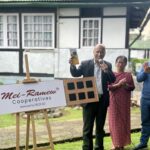






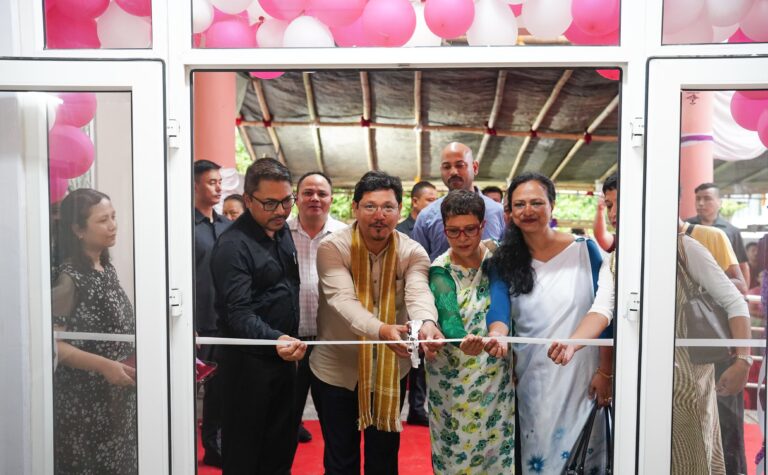
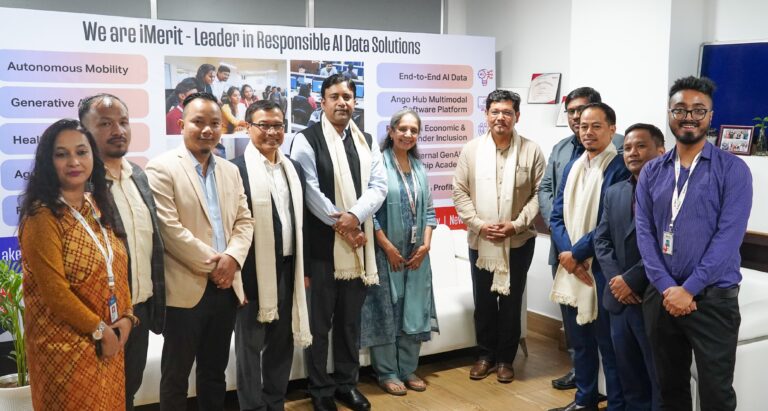
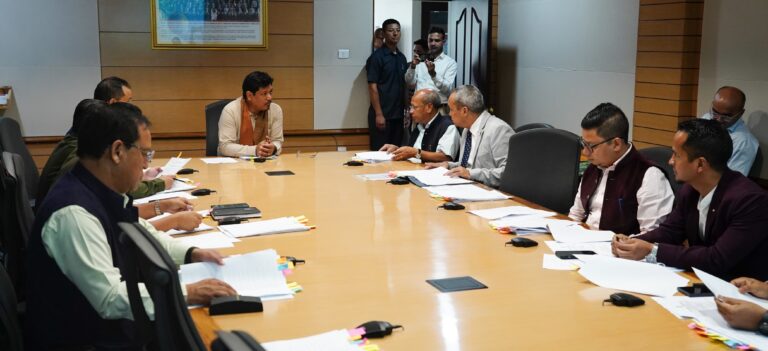

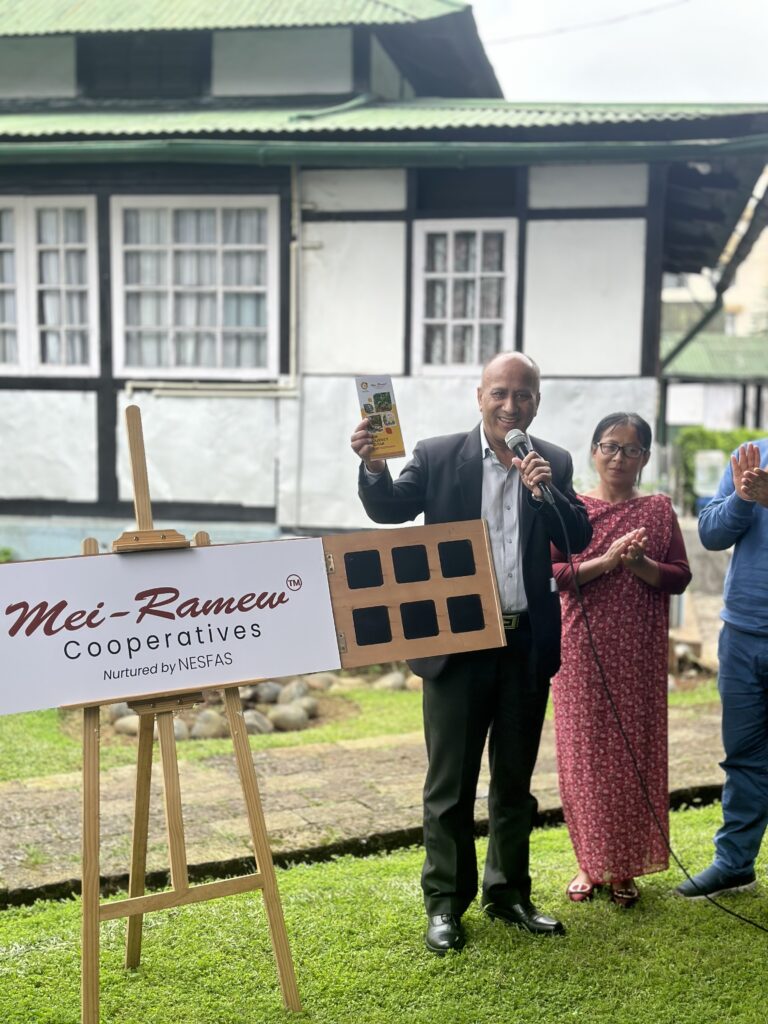
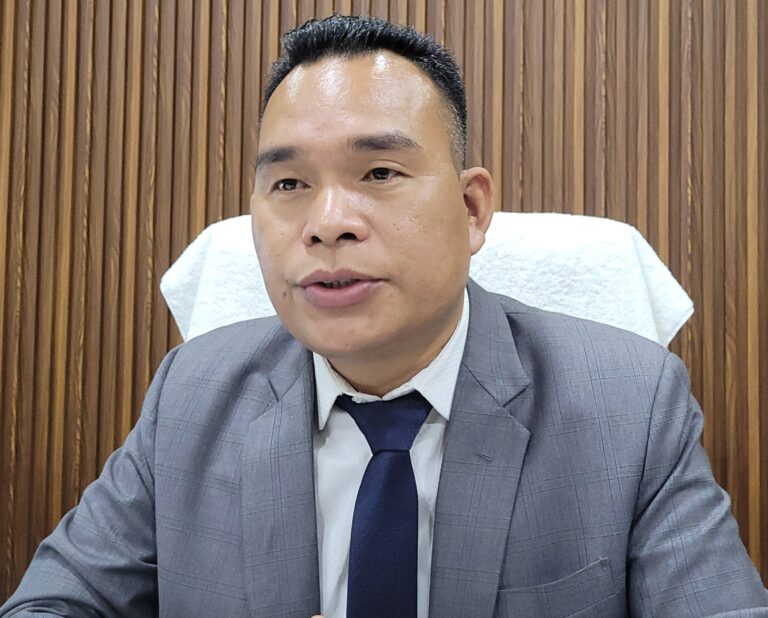
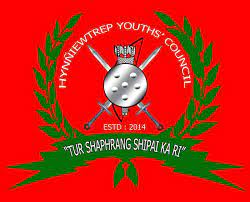


+ There are no comments
Add yours